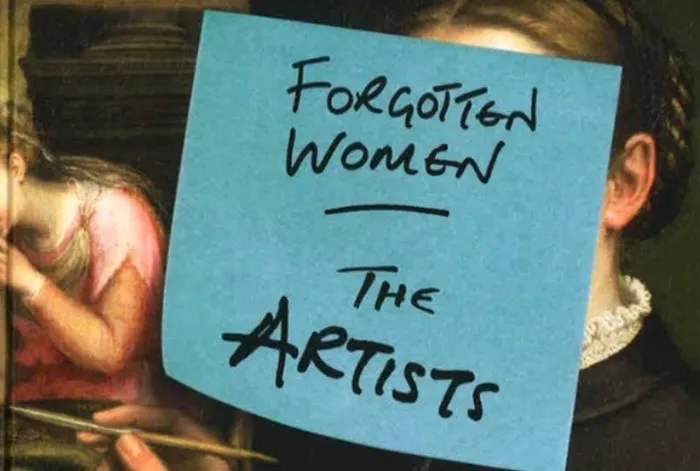Humans have long relied on narratives to make sense of the world around them, especially in times of uncertainty. We use stories not only for entertainment but also as a source of comfort. Detective fiction, in particular, emerges as a popular choice during periods of upheaval, offering readers both distraction and resolution in a world that may feel chaotic and unmanageable.
In the aftermath of World War I, for example, people turned to various forms of entertainment, such as games like bridge, mahjong, and crossword puzzles, which provided an escape from reality. This so-called “play fever” soon extended to detective novels, which captivated readers with their puzzle-like structure. These novels adhered to the “fair play” doctrine, which stated that readers should be given a fair chance to solve the mystery before the final reveal. Writers of the Golden Age of detective fiction, like Agatha Christie and Dorothy L. Sayers, crafted stories where all the clues were available for readers to piece together, much like solving a puzzle. The satisfaction of solving the mystery mirrored the reassurance people sought in a world where real-life answers were often elusive.
In detective novels, order is restored when the culprit is revealed, offering a sense of closure and clarity. As George Grella notes in his essay Murder and Manners: The Formal Detective Novel, these narratives restore peace by eliminating guilt and chaos. The detective, with their infallible reasoning, uncovers the truth, making the world once again “peaceful” and “recreated anew.” The contrast between this idealized resolution and the often messy, ambiguous nature of real life is part of what draws readers to the genre.
During the Golden Age, games like Wink Murder and Murder in the Dark became popular as a way to gamify the concept of death, stripping it of its real-world consequences and emphasizing the playful nature of the activity. This trend reflected a desire for safe escapism during a time of global unrest, much like the current surge in popularity of crime logic games, such as the Murdle series by GT Karber, escape rooms, and jigsaw puzzles. These activities provide a familiar structure and the comfort of a resolution, much like detective fiction.
In 1944, literary critic Edmund Wilson explored the reasons behind the popularity of detective stories in the New Yorker, attributing it to a pervasive feeling of guilt and a fear of impending disaster. In times of anxiety, readers found solace in the detective’s ability to identify and punish the villain, providing a sense of relief and closure. The detective’s infallibility and the finality of their conclusions offered a brief reprieve from the uncertainties of the real world.
More recently, detective fiction has seen a resurgence. In July 2020, as UK bookstores began to reopen after COVID-19 lockdowns, crime and thriller books surged in popularity, with nearly 120,000 more crime novels sold in the last two weeks of June compared to the previous year. Crime fiction became the UK’s most popular book genre, with publishers continuing to release Golden Age-style novels. In 2023, the Crime Writers’ Association even introduced the “Whodunnit Dagger” award for classic or “cosy crime” novels, further solidifying the genre’s ongoing appeal.
In my own novel, Fair Play, I blend the fair play rules and the classic structure of a Golden Age detective story to explore themes of grief. The protagonist, Abigail, grapples with the sudden death of her brother and finds herself navigating between the real world and the world of the detective novel. Both provide her with a pathway to understanding and comfort. The detective genre offers Abigail a familiar structure in a time of emotional chaos, a sense of progression toward resolution—something she desperately seeks in the wake of her loss.
As Dorothy L. Sayers wrote in Begin Here during World War II, detective fiction provides a semblance of order in a universe that feels senseless. “We are lost and unhappy in a universe that seems to make no sense,” she observed, “and cling to science and machines and detective fiction, just because, within their limited fields, the problems do work out, and the end corresponds to the intention.”
In times of personal and societal upheaval, detective fiction remains a comforting constant, offering readers the satisfaction of puzzles solved and mysteries unraveled, even when real life seems to offer no such assurances.

